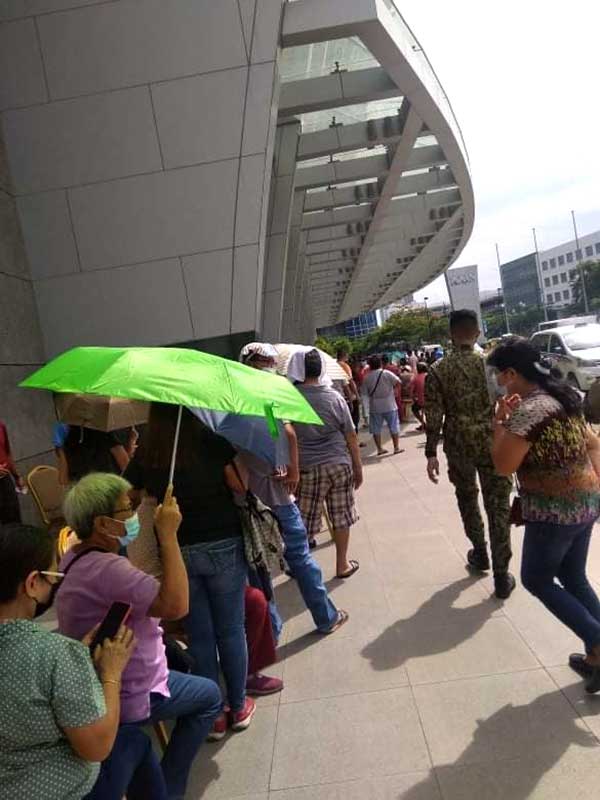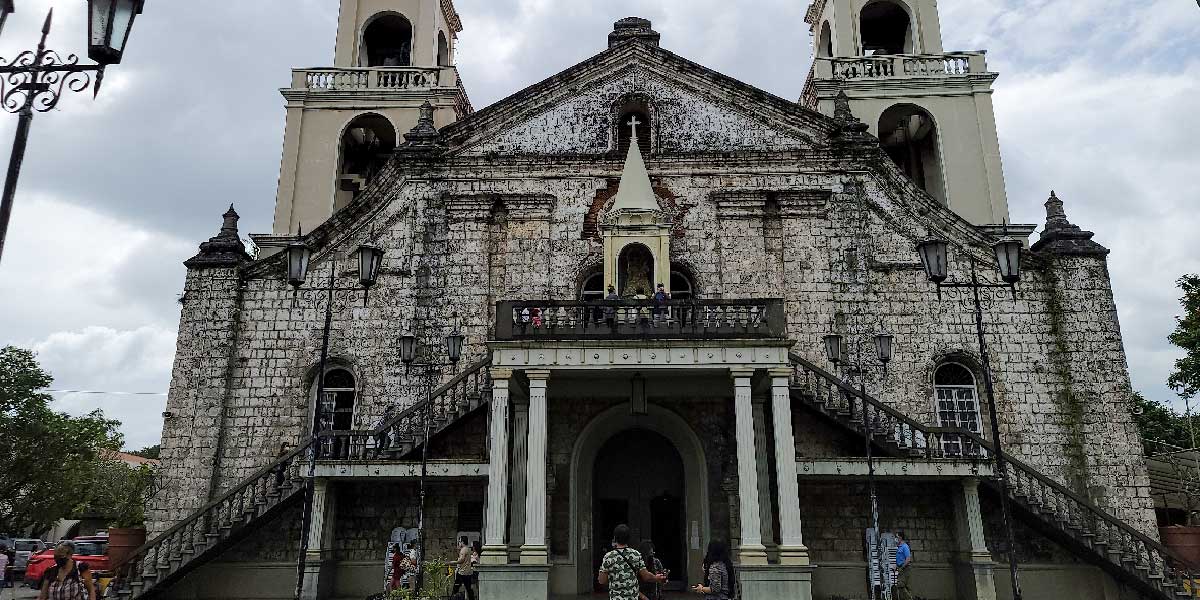
By Joseph B.A. Marzan
Iloilo City will remain under the Modified Enhanced Community Quarantine (MECQ) until June 15, 2021 after recording more than 1,000 new cases of the coronavirus disease 2019 (COVID-19) in May.
President Rodrigo Duterte announced in a recorded public address that the MECQ regime will be in effect on 5 other cities and 8 provinces from June 1 to 15.
The rest of the Western Visayas region, meanwhile, remains under the more permissive Modified General CQ (MGCQ) for the same duration.
On Tuesday morning, the national Inter-Agency Task Force for the Management of Emerging Infectious Diseases (IATF-MEID) issued Resolution No. 118-A, dated May 31 formalizing the pronouncements.
The resolution also cited Iloilo City, as well as Bacolod City, Capiz, Guimaras, and Iloilo province, as areas requiring special attention by the local government units (LGUs) and the Regional IATF-MEID and Regional Task Force against COVID-19 (RTF COVID-19).
Data from the City Health Office (CHO) as of May 31 indicated that Iloilo City logged 1,632 COVID-19 cases from May 1 to 28 alone, or an average of 54 cases per day, setting the city’s record peak for logged cases in a month.
The CHO also confirmed 52 new cases on May 31, and 63 new cases as of 12 pm on June 1.
Following the IATF-MEID resolution, Iloilo City Mayor Jerry Treñas issued Executive Order No. 50 series of 2021, effectively implementing the MECQ extension.
EO No. 50 extended the following regulations and restrictions until June 15:
– Curfew from 10:00 p.m. to 4:00 a.m., except for those buying essential goods or services, or those working in essential services or industries and offices;
– Travel moratorium to and from Negros Island, provided that unimpeded cargo from and to the city is guaranteed;
– City-wide border control except for work, medical needs, accessing government services, transport of goods or construction materials, humanitarian purposes, and Returning Overseas Filipinos (ROF), Locally Stranded Individuals (LSI), Authorized Persons Outside of Residence (APOR);
– Limited movement of vulnerable sectors and their companions, except for buying essential goods or services, for work in permitted establishments or offices, or for medical or clinical care and consultation;
– Temporary closure of non-essential establishments, with specific essential establishments either on full on-site capacity, 50 percent on-site capacity, 30 percent on-site capacity, or on-site skeletal workforce;
– Limited operation of hotels and accommodation establishments to legitimate purposes under a state of public health emergency, with closure of swimming pools or similar amenities;
– Prohibition of the sale and consumption of any form or liquor or alcoholic beverages, or any alcoholic drink containing a specific percentage of alcohol by volume or weight;
– Temporary closure of the Iloilo Esplanades, and playgrounds and courts in public plazas;
– Prohibition on mass gatherings, with religious gatherings limited to a 10 percent capacity;
– Limited conduct of wakes, burials, and other necrological services;
– Continuous operation of public transportation, subject to guidelines by the Department of Transportation (DOTr), and unhampered movement of cargo or delivery vehicles; and
– Unhampered rollout of COVID-19 vaccination.
Section 6, which is a new provision, “strongly enjoins” persons who have had recent travel history and exhibiting COVID-19 signs and symptoms to observe strict isolation, immediately contact local health authorities in their district or barangay or their representatives, and submit themselves to testing via Reverse Transcription-Polymerase Chain Reaction (RT-PCR).
But the EO allowed home quarantine for confirmed COVID-19 patients if the houses are capable like having a separate room with its own lavatory to prevent the patient from going out.
EO No. 50 may be amended from time to time, depending on the COVID-19 situation in the city, as well as reports from the CHO, the Department of Health, or the World Health Organization.



















